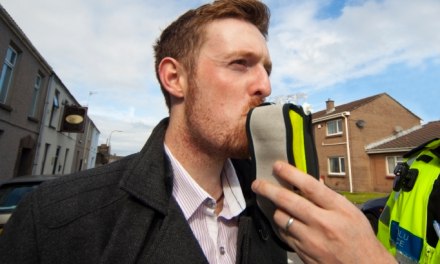Here’s an accounting of the Trump administration’s record on the opioid epidemic over the past four years:
Trump said the opioid epidemic would go away. It didn’t.
It’s from the Vox informational website. I like the site for two reasons: first, no paywall, so anybody can read it. Second, their more in-depth approach helps to avoid the “mile wide, inch deep” problem.
Anyway, worth a read.
I hadn’t realized that the approach Trump took to the opioid problem was actually the one he would later adopt when confronted with COVID-19. That is, begin with a bold promise of a quick resolution.
Here’s what he told us: “Watch what happens, if we do our jobs, how the number of drug users and the addicted will start to tumble downward over a period of years… It will be a beautiful thing to see.”
Was this just an example of purposeless political cheerleading? Or was it in the hope that some other pressing problem would come along to knock opioids from the headlines?
Which for some politicians is almost as a good as a cure.
It’s true that drug epidemics do follow a predictable curve, usually rapid growth leading to a peak followed by more gradual decline. What remains is technically endemic— meaning it’s with us, in stable numbers, no longer requiring an influx of new cases from outside.
In other words, it’s here for the duration.
We’ve all witnessed drug epidemics, large and small, involving different substances. They ended — so why hasn’t the opioid epidemic?
I suspect it’s because every time we begin to see improvement, something else occurs to restart the process.
First there were prescription painkillers. You know that story as well as I do. As measures were being taken to control, the pain patients, now addicted to opioids, moved to purchase their drugs on the street. Heroin at first, because it was cheap and potent, but then came fentanyl, even cheaper and more potent. Those overdose rates, which had begun a gradual decline, got a major boost.
By the way, this reminds me of another epidemic, in the early 1900’s, when new laws against morphine prescribing sent pain patients, mostly war veterans, on the hunt for illicit opiates, to replace what had formerly been supplied by their doctors. The more things change…
With the coronavirus, everything seems to have accelerated. This time, I suspect it’s been fueled by periodic attempts to prematurely get America ‘back on its feet’ so we can once again say we’re ‘open for business’ and ready to ‘resume normal life’, whatever that turns out to be. I can’t guess.
The political process incorporates a host of needs and agendas, many in conflict with one another. Some of the money and resources that government allocates to a problem inevitably ends up diverted to other uses, in order to satisfy key politicians and their biggest donors.
Which takes me back to some excellent advice I once got from a veteran legislator. No matter what the subject under discussion, the real business of government never changes. “It’s about dividing up the pie,” he explained. “Do not forget that.”
I haven’t.











